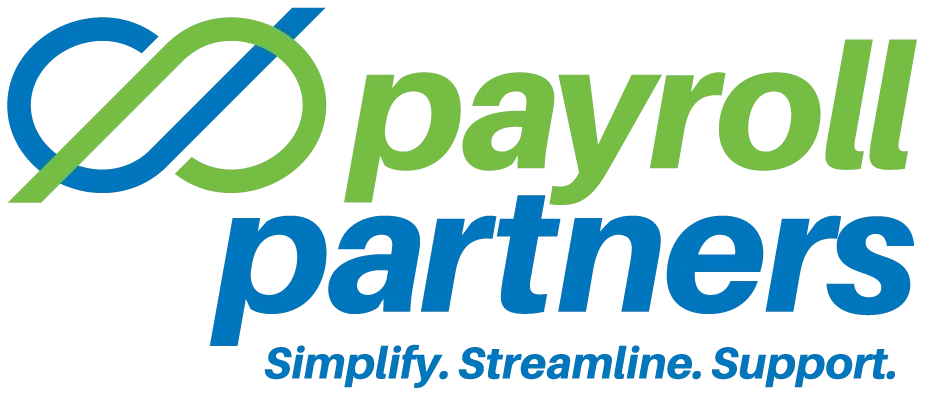Social Security taxes or contributions are collected under the Federal Insurance Contributions Act (FICA) and the Self-Employment Contributions Act (SECA). Many people refer to contributions to Social Security as either FICA or SECA taxes.
While FICA and SECA may sound similar, they are just two different ways for the government to collect Social Security and Medicare taxes. The big difference between the two is who pays the taxes and the rate.
FICA is the system for non-clergy employees, where the church and employer each pay half (.0765) of the taxes due. SECA is the system for clergy and other self-employed people, where they pay the entire tax (15.3) since they are essentially paying both the employer and employee share. Any money you earn will be taxed under one of the two systems, but never both.
Ministers have what is commonly referred to as “dual tax status.” For federal income tax purposes, a minister is generally treated as a common law employee. For payments into Social Security, the minister is always self-employed and subject to SECA. This is an IRS regulation and not an election.
Many churches are unaware that section 3121(b)(8)(A) prohibits the church from withholding Social Security and Medicare tax (FICA) on the wages earned by a minister. It is the responsibility of the minister to pay SECA tax on salary and housing allowance unless they have received an approved exemption.
Payroll Partners is committed to helping clients stay informed about payroll, tax and human resource news, developments and current events. This article is intended to provide readers with general information on these matters. The article does not constitute, and should not be treated as professional advice regarding the use of any particular practice. All efforts have been made to assure the accuracy of the information. Payroll Partners does not assume responsibility for any individual’s reliance upon the information provided in the article. Readers should independently verify all information before applying it to a particular fact situation, and should independently determine the impact of any particular practice. If you are seeking payroll, tax and/or human resources advice, you are encouraged to consult a payroll, tax and/or human resources professional.

